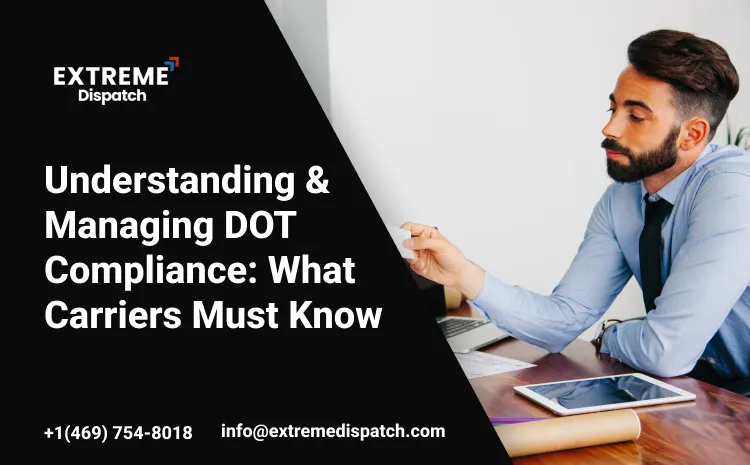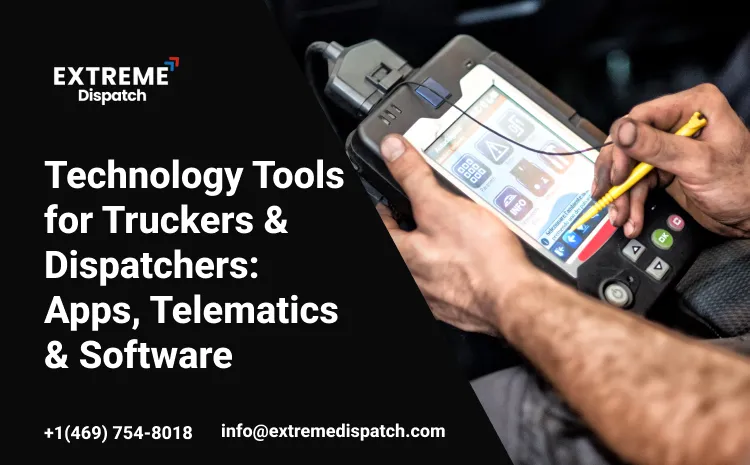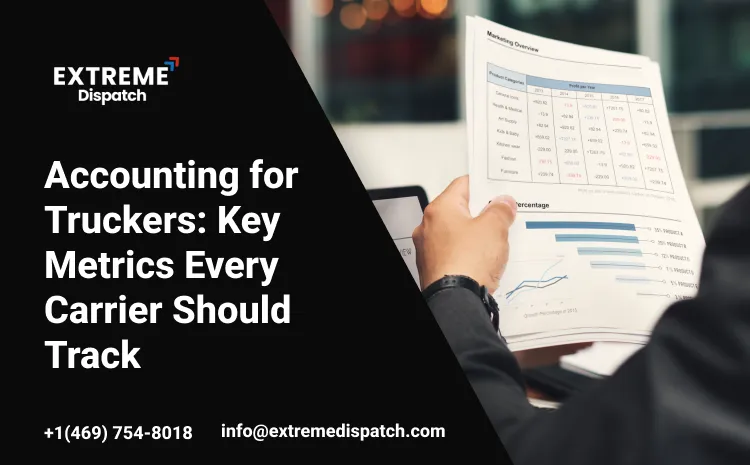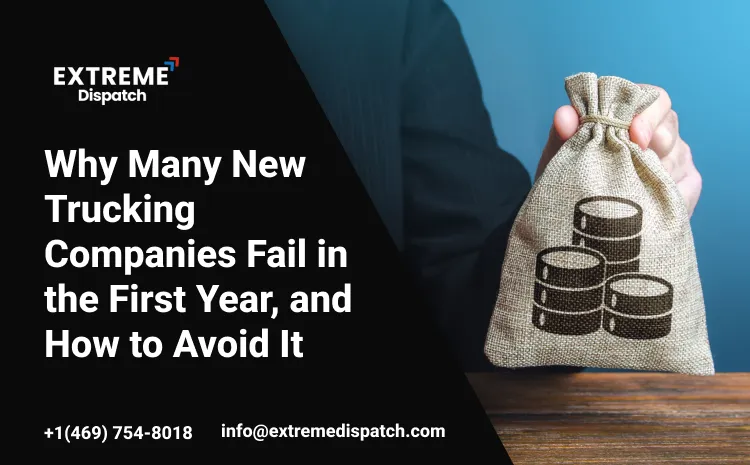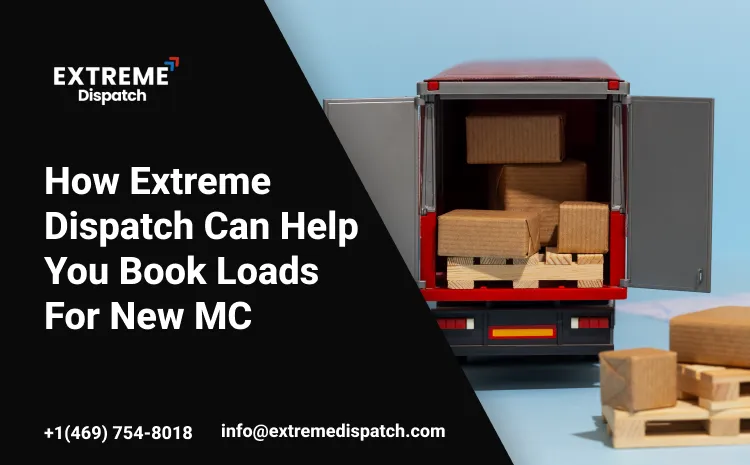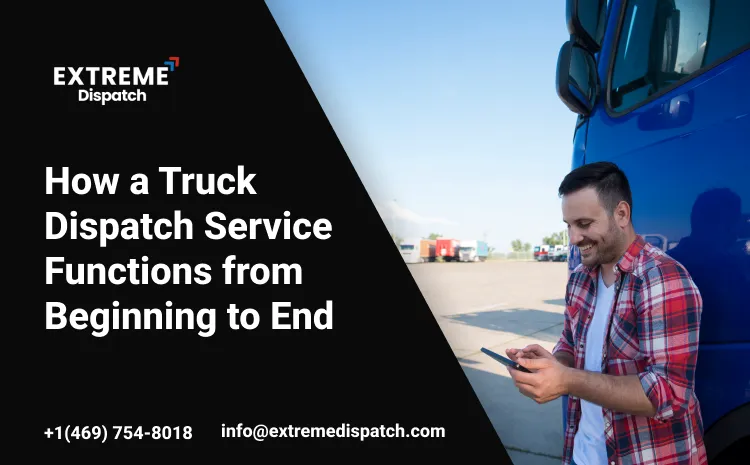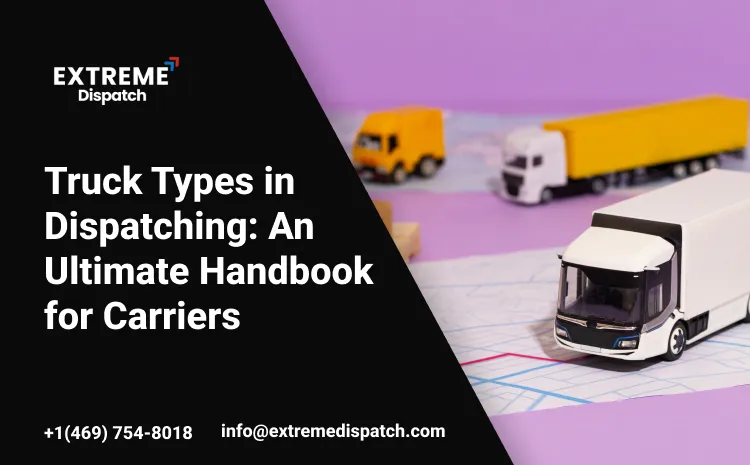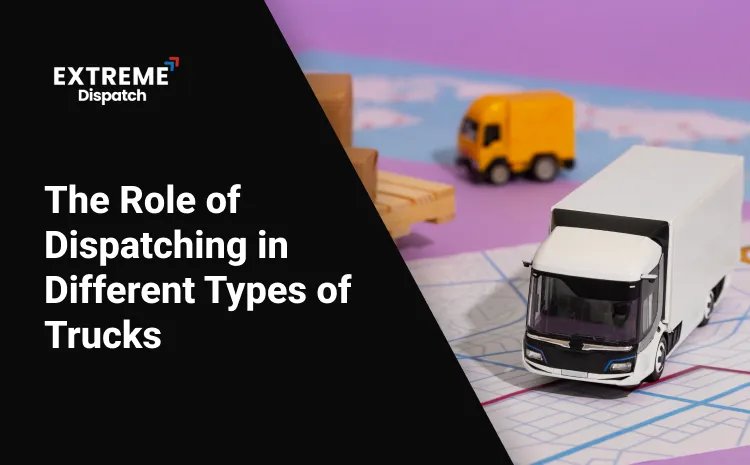Starting a trucking business setup is thrilling, but perhaps one of the first and most crucial decisions you’ll ever make is deciding on the proper business structure for trucking company success. If you’re an owner-operator with a single truck or hope to expand into a full fleet, how you form your company affects your taxes, liability, and future potential for growth.
Here at Extreme Dispatch, we’ve assisted hundreds of truckers not only haul freight, but establish their trucking company formation properly as well. From the new MC authority establishment to support trucking compliance and back-office functions, we recognize that operating a successful trucking company begins with a solid foundation.
In this guide, we will demystify the three most common business structures for new trucking companies, Sole Proprietorship, LLC, and Corporation, and assist you in determining which one best suits your needs.
Why the Right Business Structure is Important
Let’s first discuss why selecting the right business structure for trucking company is so important before we delve into the nitty-gritty details.
- Liability Protection: The type of structure you have dictates how much personal risk you assume. If your company is sued or has debts, will your personal property (such as your home or automobile) be at risk?
- Taxes: Structures are taxed differently. Some structures can save you money, while others can cost you more based on your income and expenditures.
- Compliance Requirements: Trucking is a highly regulated business. The wrong trucking business setup adds unnecessary complexity or trucking compliance obligations.
- Growth Potential: Your long-term objectives are important. Do you wish to remain a one-truck operation, or grow to become a fleet and hire drivers? Your business structure impacts your capacity to recruit partners, investors, or staff.
Extreme Dispatch not only assists carriers with trucking dispatch services, invoicing, and compliance, but we also assist new trucking companies in making the proper structural decisions so they can begin on a solid foundation and remain profitable.
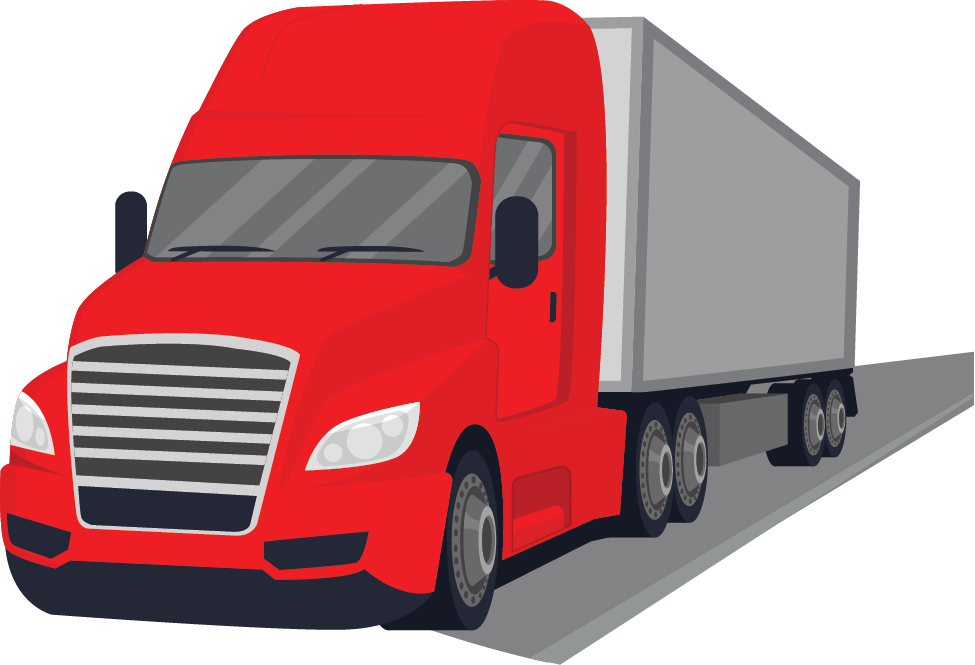
Keep Your Truck Moving – Get Consistent Loads Today
Sole Proprietorship: The Easiest Point of Origin
A Sole Proprietorship is the simplest business structure for trucking company owners. It’s basically just you operating under your own name (or a registered trade name).
Advantages of a Sole Proprietorship
- Easy Setup: No time-consuming complex paperwork to file. You can begin hauling as quickly as you have your authority, insurance, and permits.
- Low Cost: Other than your trucking compliance fees (MC/DOT number, BOC-3, insurance, etc.), there’s minimal additional expense.
- Full Control: You decide everything without having partners or shareholders.
Disadvantages of a Sole Proprietorship
- Unlimited Liability: If your trucking company formation faces a lawsuit or can’t pay debts, your personal assets are at risk.
- Limited Tax Flexibility: You’ll report business income on your personal tax return, which may result in higher self-employment taxes.
- Harder to Grow: Investors and lenders usually prefer more formal structures.
When a Sole Proprietorship Works Best
This structure is best for truckers who:
- Are just starting out with one truck.
- Don’t intend to hire workers immediately.
- Need the easiest and most affordable way to start.
We here at Extreme Dispatch have seen a lot of new trucking companies start out as sole proprietorships to “try out the waters.” But as your business increases revenue, going to an LLC for trucking company tends to be best in order to keep your business and earnings safe.
Limited Liability Company (LLC): The Trucking Industry Favorite
An LLC for trucking company is the most common type for small to medium-sized trucking businesses. It merges the ease of a sole proprietorship with corporation liability protection.
Benefits of an LLC
- Limited Liability Protection: Your own assets will be safe from business debts and lawsuits.
- Tax Flexibility: Profits flow through to your individual tax return (excluding double taxation). You can also choose S-Corp taxation to minimize self-employment taxes.
- Credibility: Shippers, brokers, and lenders tend to treat LLCs more seriously than sole proprietors.
- Easier to Manage: Fewer trucking compliance mandates than a corporation.
Drawbacks of an LLC
- Startup Costs: Filing charges and yearly state mandates might be more than a sole proprietorship.
- State Differences: Rules, charges, and regulation requirements are all different for each state.
When an LLC Performs Best
LLCs are best suited for:
- Owner-operators who desire liability protection without the entity complexity of a corporation.
- Small fleets who wish to expand with leased drivers.
- Truckers who desire tax flexibility and management freedom.
Extreme Dispatch is often able to assist carriers in filing their company formation services documents and remain up-to-date on state and federal trucking compliance regulations. Our company formation services remove the hassle from the trucking business setup process, allowing you to concentrate on what you do best, transporting cargo and increasing revenue.
Corporation (C-Corp or S-Corp): To Grow and Expand
Creating a Corporation (either a C-Corp or an S-Corp) is the most complicated choice, but it has advantages for bigger or quicker-growing new trucking companies.
Benefits of a Corporation
- Greater Liability Protection: Personal assets are completely isolated from business obligations.
- Tax Planning Opportunities: Corporations can benefit from deductions, retirement plans, and various tax tactics.
- Easier to Raise Capital: Investors, banks, and partners favor corporations.
- Scalability: Businesses are set up for expansion, so it’s simpler to grow to bigger fleets.
Disadvantages of a Corporation
- More Paperwork: Corporations involve yearly reports, bylaws, and disciplined record keeping.
- Double Taxation (C-Corp): Income is taxed both at the corporate and personal level unless you opt for S-Corp status.
- Higher Costs: Incorporation fees, trucking compliance expenses, and accounting fees can mount.
When a Corporation Works Best
A corporation could be the ideal selection if:
- You plan to grow into a big fleet with employees.
- You wish to bring in outside investors or partners.
- You require sophisticated tax planning to maximize earnings.
Extreme Dispatch helps corporations with back-office services, trucking dispatch services, company formation services, and trucking compliance management so owners can spend their time growing their fleets while remaining profitable and compliant.

Keep Your Truck Moving – Get Consistent Loads Today
Comparing Sole Proprietorship vs. LLC vs. Corporation for Trucking Companies
| Feature | Sole Proprietorship | LLC | Corporation (C/S) |
| Setup Cost | Lowest | Moderate | Highest |
| Liability Protection | None | Strong | Strongest |
| Taxation | Personal Return | Flexible (default pass-through or S-Corp option) | Corporate or S-Corp |
| Growth Potential | Limited | Good for small fleets | Best for large fleets |
| Compliance Burden | Low | Moderate | High |
Key Factors to Consider When Choosing
When making the choice of which business structure for trucking company best suits your trucking business setup, keep these points in mind:
- Risk Level: Need liability protection? An LLC or Corporation is a safer bet.
- Business Size & Goals: Building small? Perhaps a sole proprietorship will do. Growing a fleet? An LLC or Corporation may be the way to go.
- Tax Strategy: Take an accountant’s advice to see which structure avoids you the most.
- Compliance Burden: More complicated structures create more paper. Determine how much you’re willing to do yourself, or outsource.
- Industry Perception: Brokers and shippers usually perceive LLCs and corporations as more professional and reliable.
Extreme Dispatch provides company formation services to assist in establishing your trucking company formation properly right from the start. We also offer trucking dispatch services, billing, and trucking compliance assistance so that you can concentrate on increasing revenue.
How Extreme Dispatch Assists Trucking Businesses Increase ROI
Choosing your business structure for trucking company is just the first step. Once your trucking business setup is established, there’s still a lot to manage, like securing your MC and DOT authority, filing BOC-3 and UCR, staying current with IFTA reporting, drug & alcohol consortium requirements, and passing trucking compliance audits. On top of that, you need efficient trucking dispatch services, invoicing, and strong broker relationships to keep your trucks moving.
That’s where Extreme Dispatch comes in. We’re more than just dispatchers, we’re your trucking company formation growth partner. From company formation services to compliance management, we handle the back-office headaches so you can focus on the road. Our expert team ensures you stay compliant, minimize downtime, and maximize cash flow. By connecting you with profitable loads, negotiating better rates, and streamlining your paperwork, we help carriers boost revenue, improve ROI, and build long-term financial stability.
Final Thoughts
Choosing the right business structure for trucking company is one of the most important decisions you’ll make when planning how to start a trucking business. While a Sole Proprietorship may be the cheapest and fastest way to start, an LLC for trucking company usually provides the best balance of protection, flexibility, and professionalism for most truckers. For larger fleets or those planning major growth, a Corporation may be the way to go.Whether you’re just starting out or somewhere in between, Extreme Dispatch is here to assist. From trucking compliance and company formation services to trucking dispatch services and back-office support, we ensure your trucking business setup is positioned for profitability and success.
FAQs
Q1: What’s the cheapest way to start a trucking company?
A sole proprietorship is the least expensive, but it offers no protection against liabilities. The majority of truckers opt for an LLC as a compromise of affordability and protection.
Q2: Do I need an LLC to obtain my MC authority?
No, you can apply as a sole proprietor. Many carriers, however, set up an LLC initially to keep personal and business liability separate.
Q3: What business structure allows me to pay less taxes?
It varies. LLCs with S-Corp elections tend to save truckers the most money in self-employment taxes, but each circumstance is unique.
Q4: Will Extreme Dispatch assist me in organizing my trucking business?
Yes. We provide Company Formation Services, which include LLC and corporation formation, compliance filing, and authority applications.
Q5: What arrangement do brokers and shippers like to deal with?
LLCs and corporations are generally viewed as more professional, which may help you win better contracts.
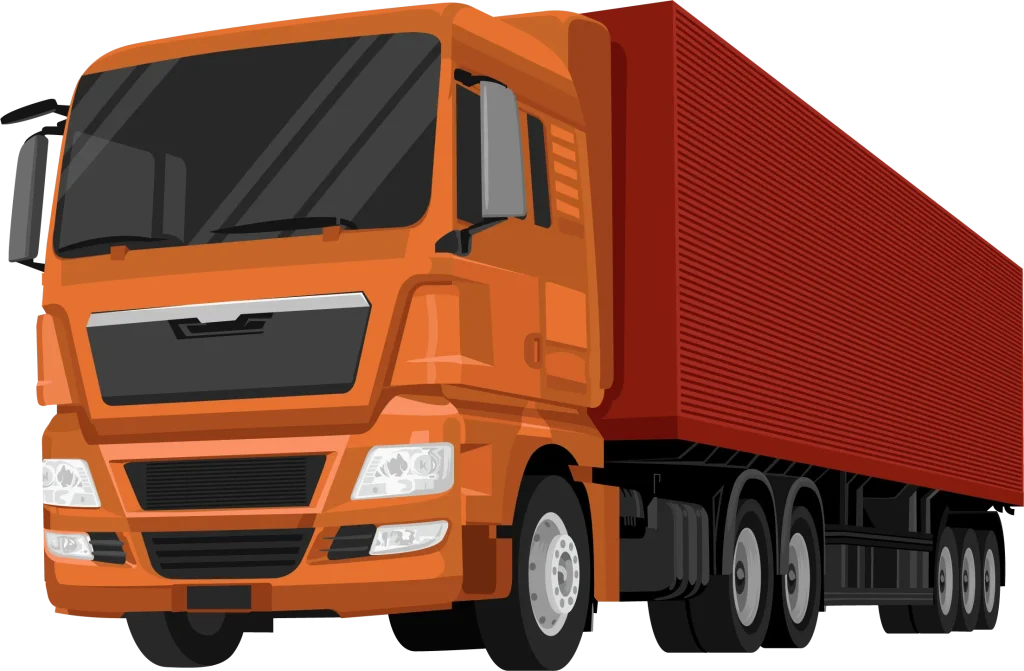
Subscribe to Learn more about Extreme Dispatch
By clicking “Subscribe” you agree to our Privacy Policy and consent to using your contact data for newsletter purposes




